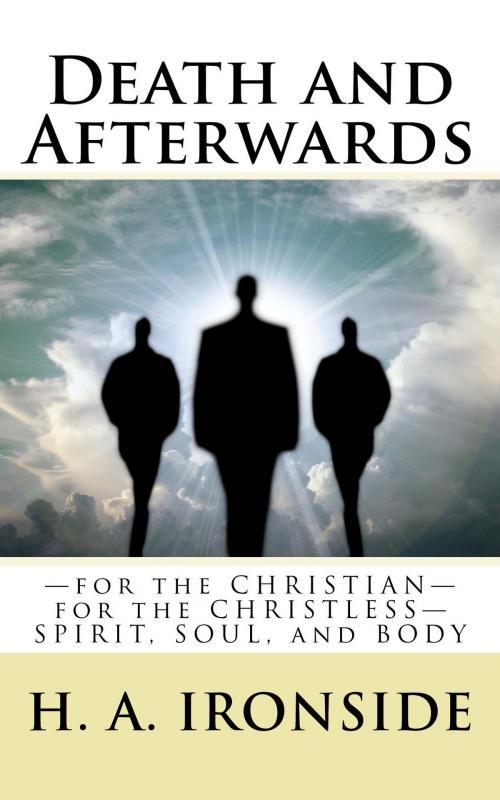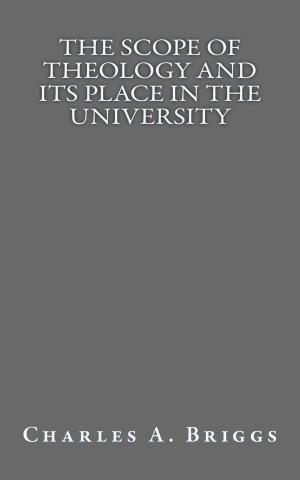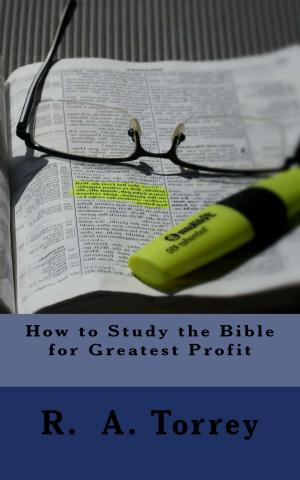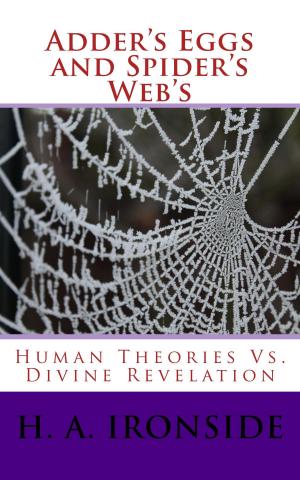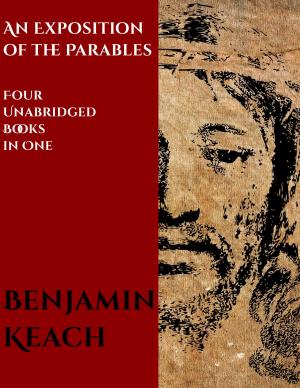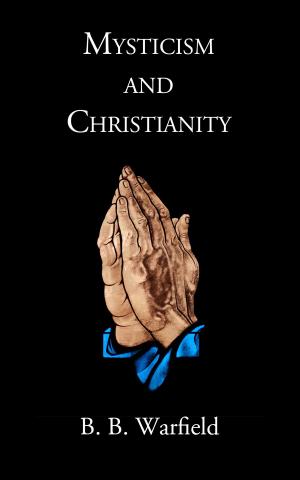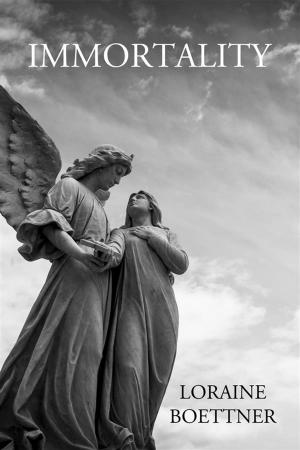| Author: | H. A. Ironside | ISBN: | 1230001945133 |
| Publisher: | CrossReach Publications | Publication: | September 30, 2017 |
| Imprint: | Language: | English |
| Author: | H. A. Ironside |
| ISBN: | 1230001945133 |
| Publisher: | CrossReach Publications |
| Publication: | September 30, 2017 |
| Imprint: | |
| Language: | English |
Unless it should be our happy lot to be among those who are still living in the body when the Lord Jesus Himself descends from heaven with that assembling shout spoken of in 1 Thess., chap. 4, we who believe in Him must go the way of all flesh. Our earthly house of this tabernacle must be dissolved—that is, the body will die. What then will be the state of the believer? When my body sleeps in death, do I, the inward man, go to sleep in the body? Or will I leave the body and ascend to another sphere?
In attempting to answer this question concerning which there seems to be much perplexity in the minds of many sincere believers, it is hardly necessary to go outside of the fifth chapter of the second epistle to the Corinthians, though one would include with this the last three verses of chapter 4, which properly belong to the chapter that follows. We will read from the 16th verse of chap. 4 to the 10th verse of chap. 5.
“For which cause we faint not; but though our outward man perish, yet the inward man is renewed day by day. For our light affliction, which is but for a moment, worketh for us a far more exceeding and eternal weight of glory; while we look not at the things which are seen, but at the things which are not seen; for the things which are seen are temporal; but the things which are not seen are eternal.
For we know that if our earthly house of this tabernacle were dissolved, we have a building of God, a house not made with hands, eternal in the heavens. For in this we groan, earnestly desiring to be clothed upon with our house which is from heaven; if so be that being clothed we shall not be found naked. For we that are in this tabernacle do groan, being burdened; not for that we would be unclothed, but clothed upon, that mortality might be swallowed up of life. Now He that hath wrought us for the selfsame thing is God, who also hath given unto us the earnest of the Spirit.
Therefore we are always confident, knowing that, whilst we are at home in the body we are absent from the Lord (for we walk by faith, not by sight). We are confident, I say, and willing rather to be absent from the body and to be present with the Lord. Wherefore we labor, that, whether present or absent, we may be accepted of Him. For we must all appear before the judgment-seat of Christ; that every one may receive the things done in his body, according to that he hath done, whether it be good or bad.”
You will notice that this passage abounds in striking contrasts. I want to point out a full dozen, or more, of them; and doubtless a careful analysis would show several others, and some that I will mention could be subdivided, and thus add to the number.
Unless it should be our happy lot to be among those who are still living in the body when the Lord Jesus Himself descends from heaven with that assembling shout spoken of in 1 Thess., chap. 4, we who believe in Him must go the way of all flesh. Our earthly house of this tabernacle must be dissolved—that is, the body will die. What then will be the state of the believer? When my body sleeps in death, do I, the inward man, go to sleep in the body? Or will I leave the body and ascend to another sphere?
In attempting to answer this question concerning which there seems to be much perplexity in the minds of many sincere believers, it is hardly necessary to go outside of the fifth chapter of the second epistle to the Corinthians, though one would include with this the last three verses of chapter 4, which properly belong to the chapter that follows. We will read from the 16th verse of chap. 4 to the 10th verse of chap. 5.
“For which cause we faint not; but though our outward man perish, yet the inward man is renewed day by day. For our light affliction, which is but for a moment, worketh for us a far more exceeding and eternal weight of glory; while we look not at the things which are seen, but at the things which are not seen; for the things which are seen are temporal; but the things which are not seen are eternal.
For we know that if our earthly house of this tabernacle were dissolved, we have a building of God, a house not made with hands, eternal in the heavens. For in this we groan, earnestly desiring to be clothed upon with our house which is from heaven; if so be that being clothed we shall not be found naked. For we that are in this tabernacle do groan, being burdened; not for that we would be unclothed, but clothed upon, that mortality might be swallowed up of life. Now He that hath wrought us for the selfsame thing is God, who also hath given unto us the earnest of the Spirit.
Therefore we are always confident, knowing that, whilst we are at home in the body we are absent from the Lord (for we walk by faith, not by sight). We are confident, I say, and willing rather to be absent from the body and to be present with the Lord. Wherefore we labor, that, whether present or absent, we may be accepted of Him. For we must all appear before the judgment-seat of Christ; that every one may receive the things done in his body, according to that he hath done, whether it be good or bad.”
You will notice that this passage abounds in striking contrasts. I want to point out a full dozen, or more, of them; and doubtless a careful analysis would show several others, and some that I will mention could be subdivided, and thus add to the number.
